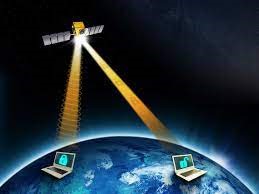Quantum Information Science
Applying the rules of quantum physics to information theory for quantum advantages
Coordinator: Rahul Jain
The axis’ activity covers a wide range of areas in quantum computing and information theory, often in close connection with related research areas in classical theoretical computer science. We investigate quantum algorithms, complexity, quantum-safe cryptography and quantum information theory.
- Quantum algorithms provide a recipe for efficiently solving practical problems on a quantum computer, of particular interest are problems which are difficult to solve on a conventional (classical) computer.
- The study of quantum computational complexity is about understanding the fundamental limitations of information processing tasks in nature. By understanding such limits, it can offer a guide to crafting new algorithms and communication protocols.
- Quantum-safe cryptography is concerned with the design and the evaluation of cryptographic systems which are resistant even to quantum attacks.
- Quantum information theory studies how much information can be transfeered through noisy-quantum channels and how messages can be compressed to the amount of information they carry in various network communication scenarios.
Key-words: quantum algorithms, machine learning, safe and post-quantum cryptography, complexity theory, communication-complexity, one-shot information theory, Shannon theory, quantum error correction, realistic implementations.

